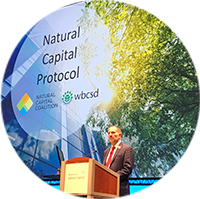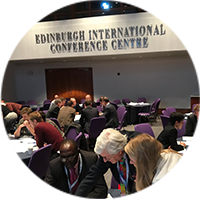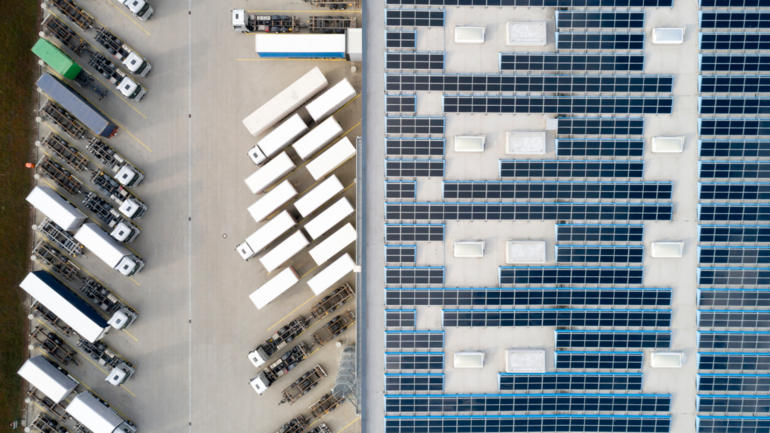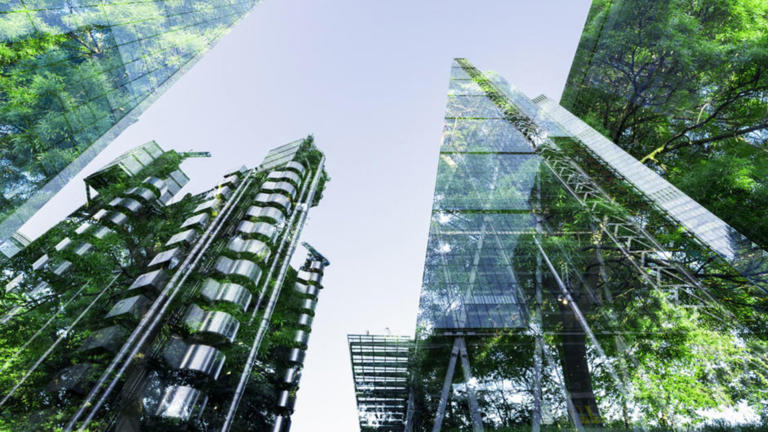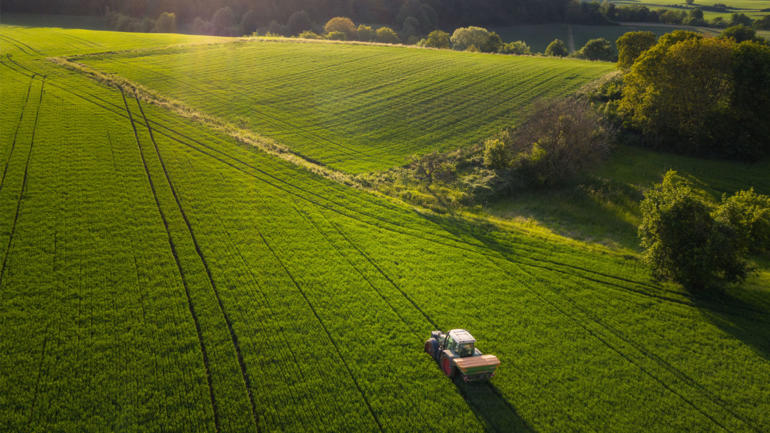This year, the World Forum on Natural Capital - the world’s leading natural capital event - focused on the theme Better Decisions for a Better World, making it clear that consideration for natural capital must be present everywhere, from the board rooms of businesses to government dialogues.
Over 700 participants from over 60 countries, including 15 WBCSD members, came to hear and share insights and challenges on natural capital underlining how this rapidly evolving field affects everything.
During the event, we launched a new short film series about natural capital designed to illustrate how important it is for companies to value their relationship with nature. As part of the project, we also released over 40 case studies from WBCSD members – highlighting good practice examples of companies valuing natural capital.
The Forum was divided into four streams: Taking nature into account, Impact through innovation, Cities of Tomorrow, and Prosperous and resilient economies.
Across each of them, business is leading the way.
In his keynote address, Peter White, COO of WBCSD, underlined that businesses valuing nature and integrating sustainability into their decision-making will ultimately be more successful and will also be rewarded by markets:
“You have to take natural and social capital into account to live in a world of true cost, true profit, true value.” he said.
WBCSD members are already leading the way and during the forum, Arcadis, BASF, International Paper, Kering, Natura, Olam, PwC, S&P Trucost, shared their natural capital experiences. Many of the companies valuing natural capital were aligned with the Natural Capital Coalition’s Natural Capital Protocol which was repeatedly referenced throughout the Forum, with increasing uptake from business.
Going beyond individual company examples, many dialogues underlined that both company boards and the finance sector, as a whole, have a responsibility to understand the natural and social capital risks of their strategies and actions. Philippe Joubert, Founder and CEO of Earth on Board, simply stated that “businesses cannot thrive in a world in shambles”.
It was also clear that benefits and opportunities of nature are recognized across all sectors. Natural infrastructure – or nature-based solutions – are a significant opportunity in cities to build resilience and prosperity, and many cities are increasingly valuing nature in their urban planning.
Governments have also increasingly taking natural capital seriously. The Ugandan Minister of State for Environment, Dr Mary Kitutu, illustrated that “Uganda’s economy is steered by Natural Capital, 50% of our GDP is directly based on Natural Capital” outlining that governments have a vital role to play in putting natural capital in the heart of development.
As one of the organizing partners of the event, we are proud that the Forum fostered collaboration, sharing experiences and focus on some areas of future development, such as data gaps. We look forward to following up on the actions as a result.



